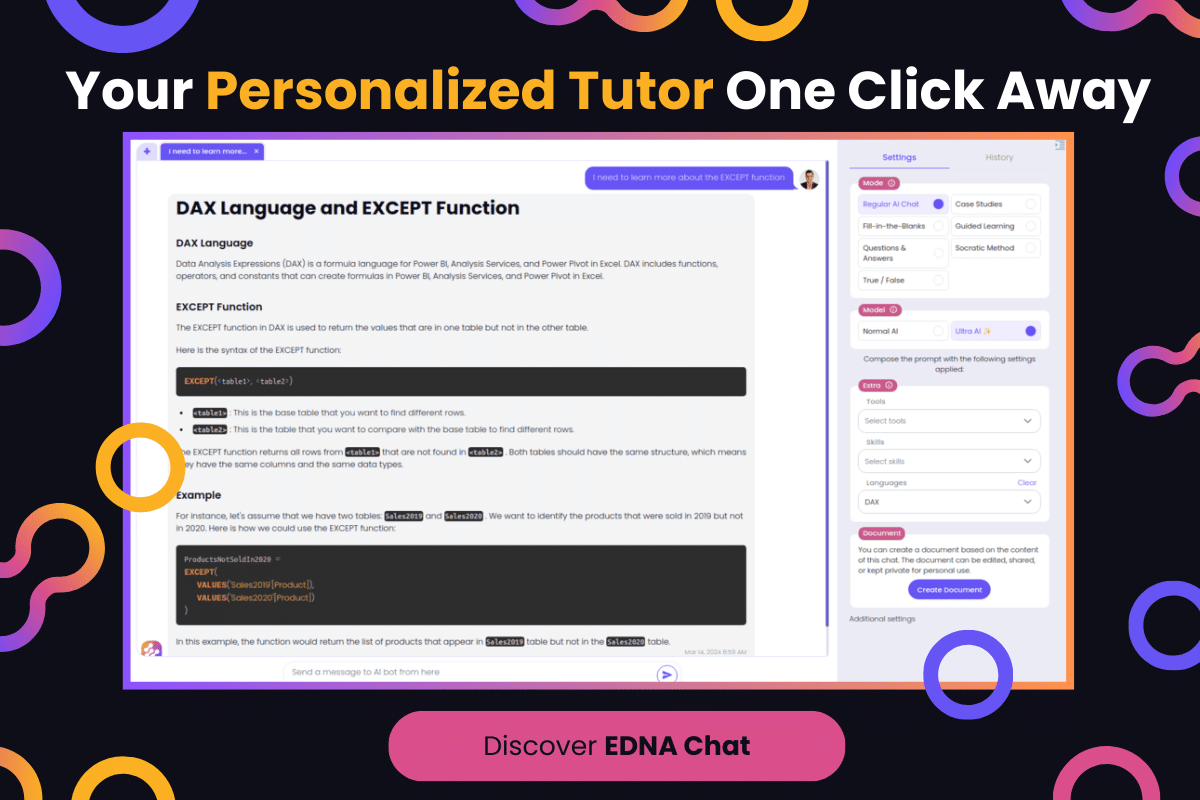You’re fresh out of college, and you want to begin a career in data analysis. Where do you begin?
To kickstart a career as a data analyst as a fresh graduate, it is essential to first gain relevant technical and soft skills as well as practical experience that you can use to build a strong portfolio and resume showcasing your ability.
Once you have developed your foundational knowledge, seek out internships, freelance projects, or volunteer opportunities and network with professionals in the field to identify opportunities in the industry.
This guide covers everything you need to know to get started as a fresher, including what skills and educational qualifications are required, ways to gain practical experience, and job search strategies that can help you land your first full-time job.
Let’s get started, or shall we say, “dive into data”!
Skills Required for Data Analyst Jobs
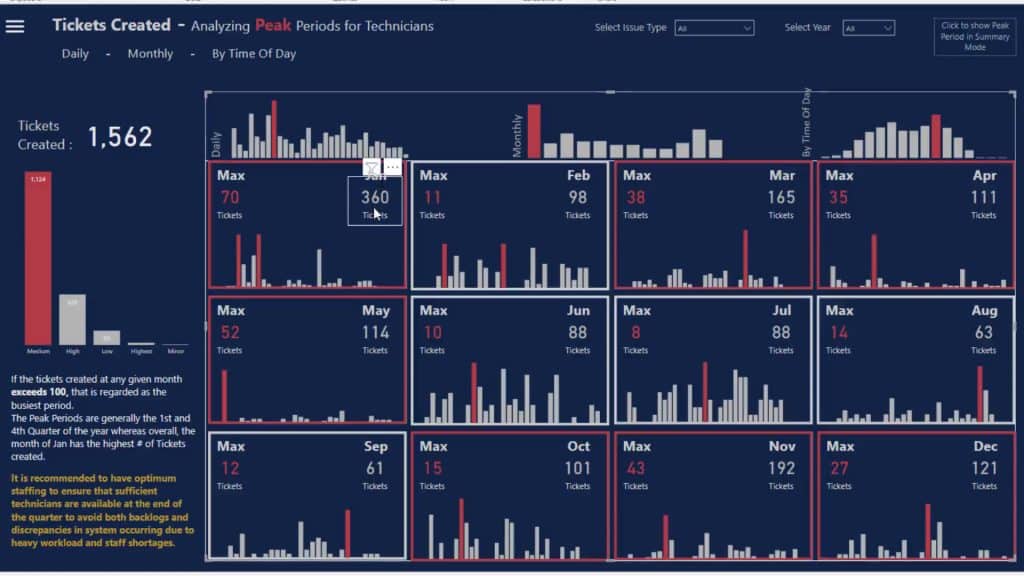
Data analysis involves the use of analytical tools and techniques to extract insights from complex datasets.
To succeed as a data analyst, you need a combination of technical and soft skills that enable you to effectively collect, process, analyze, and communicate insights.
In this section, we discuss some of the essential technical and soft skills required for data analyst jobs.
Technical Skills Essential to Being a Data Analyst
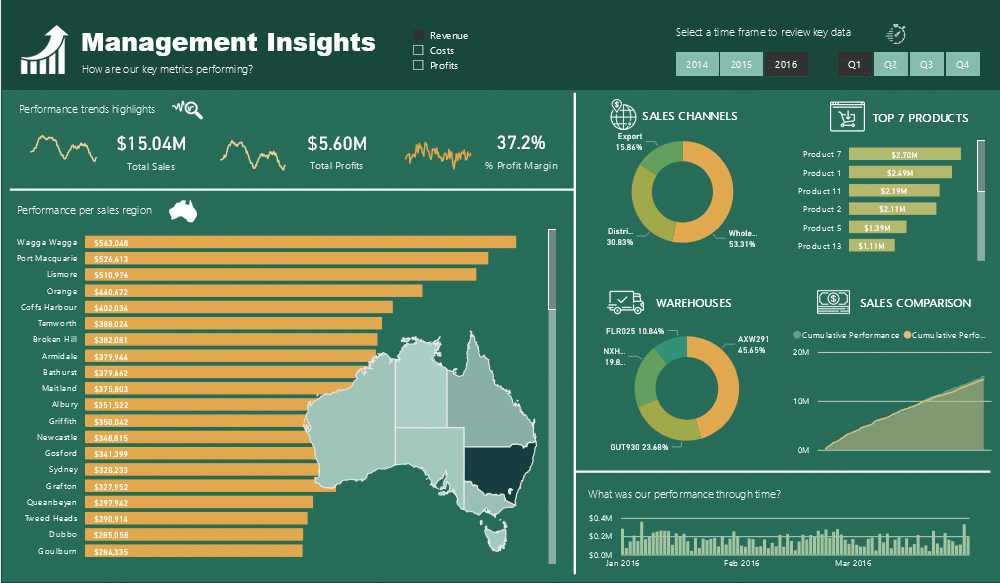
Technical skills refer to a specific set of abilities and knowledge related to the industry that are necessary for performing technical tasks. These skills are quantifiable and can be learned with practice.
Essential technical skills for data analyst jobs include:
- Microsoft Excel: Excel is one of the most widely used and versatile programs for data analysis. It is a powerful tool for handling data models that provides a range of functionalities for data processing, analysis, and visualization. Expert or at least intermediate proficiency is essential in data science.
- Programming: Proficiency in at least one programming language, such as Python, R, or SQL, is a critical requirement for most data analyst roles. Even analysts in entry-level roles are expected to write efficient code that can manipulate and analyze data.
- Database management: If your goal is to work in industries that handle large amounts of data (healthcare, finance, retail, etc.), then you must be comfortable with using database management systems for data collection, data management, and processing. Some popular systems include MySQL, PostgreSQL, Oracle Database, MongoDB, and Microsoft SQL Server.
- Statistical visualization: In addition to handling data, analysts are expected to create charts and graphs that can be used to draw insights from data. Familiarity with tools like Tableau or Microsoft Power BI will enable you to create visually appealing and easy-to-understand representations of data findings.
- Machine learning: Knowledge of machine learning algorithms and techniques and how to use machine learning tools helps analysts uncover hidden patterns and make predictions based on data. Some popular machine learning tools include IBM Watson Studio, Apache Spark, and Microsoft Azure Machine Learning.
The above list should give you a snapshot of the technical skills data analysts are required to have. It may look like a lot, but don’t let it overwhelm you!
Nobody will expect you to be familiar with every technology listed, especially for an entry-level position; however, you should make an effort to at least be familiar with the fundamentals of these skills.
Now let’s check out the often overlooked soft skills.
Soft Skills Essential to Being a Data Analyst

Soft skills refer to interpersonal abilities that are considered necessary for success in a workplace because they enable you to work well with others, respond appropriately to challenges, and manage conflicts.
Unlike technical skills, soft skills are harder to teach and quantify, but they are important for fostering a positive work environment.
Core soft skills data analysts should have include:
- Communication: You don’t have to be a skilled orator, but you should be able to comfortably communicate complex data insights to both technical and non-technical stakeholders and make recommendations based on the insights.
- Problem-solving: Problems involving data must be approached systematically. You should be able to break them down into smaller parts and use your technical and analytical skills to find good solutions.
- Critical thinking: A big part of data analysis is going through large amounts of data to identify trends and patterns, and as an analyst, you must have strong critical-thinking skills to develop and test hypotheses, consider multiple perspectives, and make data-driven recommendations.
- Attention to detail: There are a lot of details in raw data, and data analysts need to have strong attention to detail to ensure that data is accurate and error-free. Even tiny errors or inaccuracies can have a big impact on data quality.
- Time management: Even as a junior data analyst, you may often find yourself working on multiple projects simultaneously. Being able to prioritize tasks and manage time effectively is crucial to meet project deadlines and ensure work is delivered on time.
While technical skills are important for data analysts, developing strong soft skills is equally critical for success in this field. Focus on developing both technical and soft skills together will give you an edge as a fresher going preparing for your first job!
We cannot express this enough, soft skills are crucial in today’s workplace today, irrelevant if you’re a data analyst, a business analyst, or even a postman!
Practicing your soft skills alongside your data skills will give you an edge!
Essential Educational Qualifications for Data Analysts
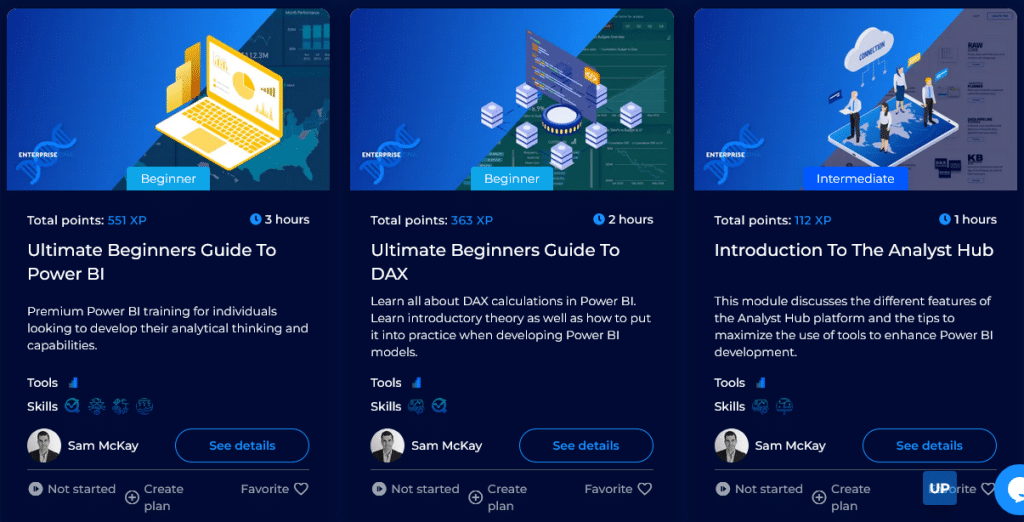
You’re a fresh graduate, so you finally have a degree. But is it the right one for a career in data analysis?
There are certain educational qualifications that can make it easier to land an entry-level position.
Some of the essential qualifications to consider are:
- Bachelor’s degree or master’s degree in a relevant field like mathematics, statistics, economics, or computer science. An advanced degree may be necessary if you intend to take on the role of a senior data analyst, data scientist, or data engineer once you have some years of experience.
- Knowledge of programming languages such as R or Python for statistical analysis and data manipulation.
- Understanding of various data analysis tools and software, such as SQL, Tableau, or Excel, to analyze, visualize, and present business data.
- Proficiency in using quantitative and qualitative research methods to derive insights from raw data.
If you have a degree in an unrelated field but still wish to pursue a data analyst job, don’t panic! It is still possible for you to work in the industry with a degree in an unrelated field or even no degree at all.
While having a strong foundation in relevant or related fields gives a competitive advantage, there are many other ways to gain the necessary skills.
For example, you could enroll in online courses, earn professional certificates, or attend specialized bootcamps that can help you acquire the technical know-how needed to work in data analysis.
Also, even with a relevant degree, you still have to continue to develop your domain expertise to keep up with new trends and derive better insights from the data.
Ultimately, your educational qualifications, combined with your skills and domain knowledge, will play a significant role in your success as a data analyst.
In the next section, we take a look at some strategies you can use to find work in the data field and how you can enhance your chances of getting employment.
Gaining Practical Experience
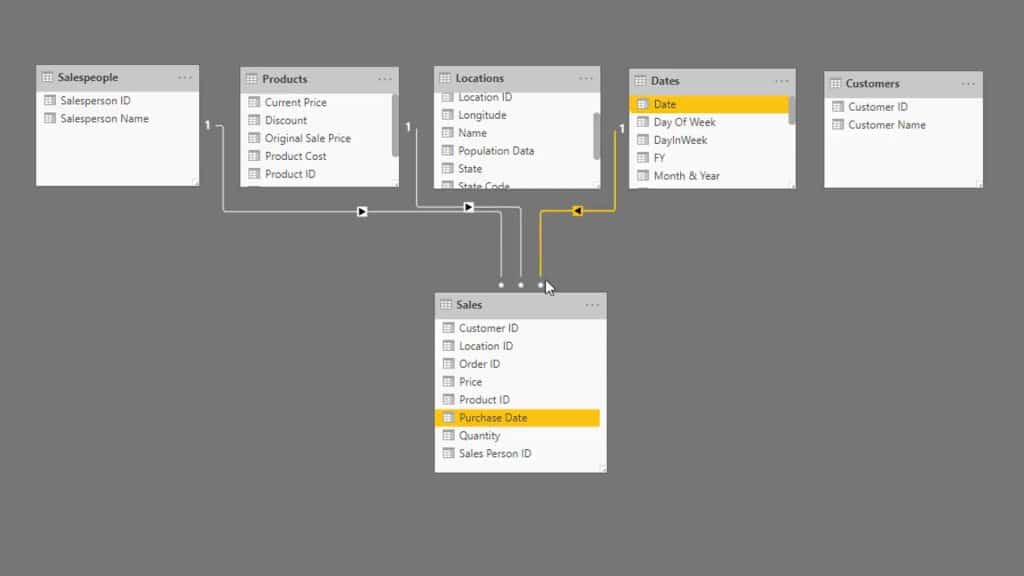
As a fresher looking to gain practical experience in data analysis, you have many avenues to gain skills and demonstrate your abilities to potential employers.
Let’s take a look at some of these options:
Internships
Internships are a great way to gain real-world experience under the guidance of industry professionals. Many organizations offer internships specifically designed for fresh graduates or those looking to transition into the field of data analysis.
Applying for internships that align with your interests and skill set can provide you with the opportunity to work on real data analysis projects.
What about freelancing?
Freelance Projects
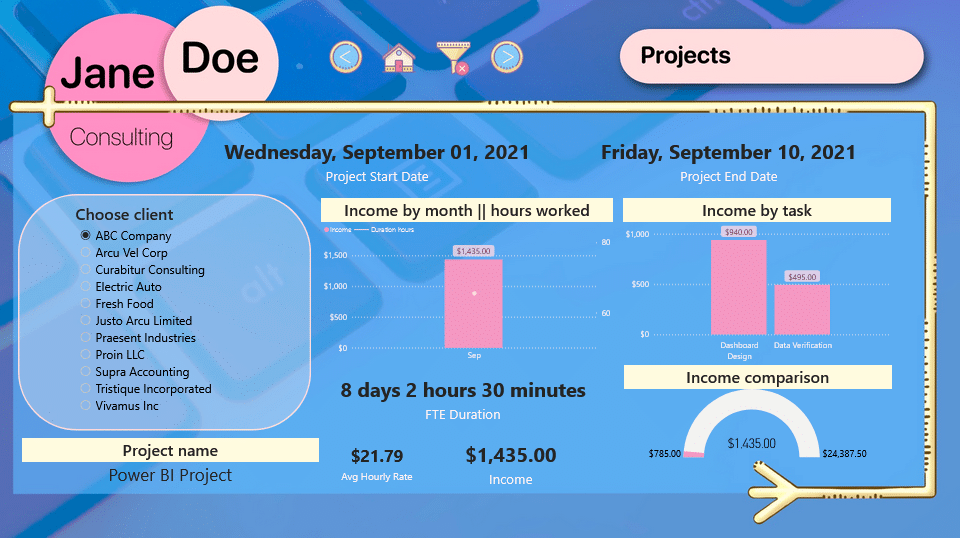
Another way to gain practical experience is by taking on freelance projects in data analysis. Use platforms like Upwork to connect with clients in need of data analysis services.
Don’t bite off more than you can chew; try out simple tasks like data entry for business analytics before applying for more complex jobs.
By working as a freelancer, you can apply your skills to a variety of projects and gain experience working part-time in multiple industries.
Completing freelance projects can also lead to positive reviews and recommendations, which can help you stand out to potential employers.
What about online learning?
Online Courses and Certifications
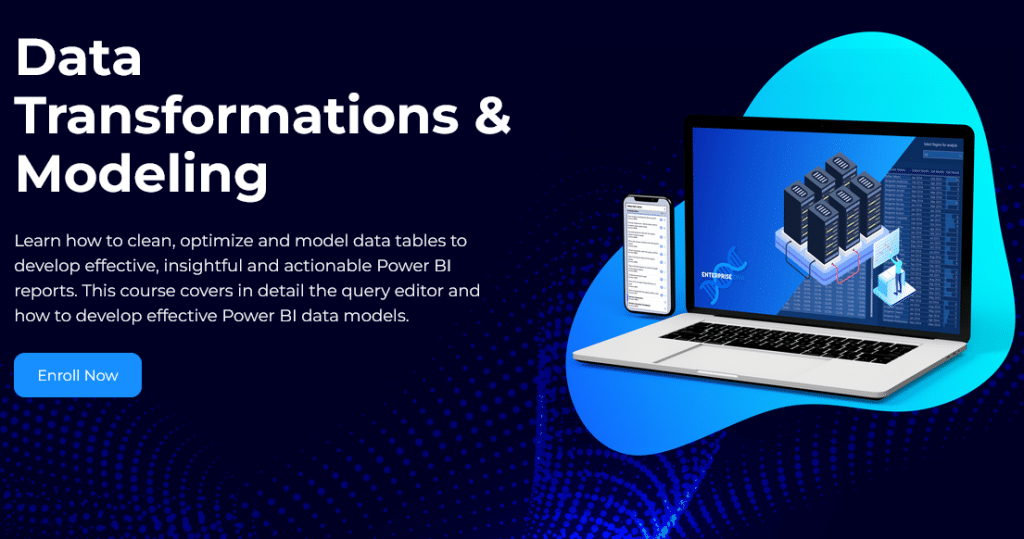
There are a variety of online courses that offer in-depth education on data analysis concepts and tools. These courses often include hands-on exercises, projects, and assessments to help you develop practical skills.
Obtaining certifications from recognized institutions also demonstrates your commitment to learning and provides validation of your data analysis abilities.
Take the time to complete some online courses and earn certifications that will make your resume more attractive to potential employers.
Top Job Search Strategies for Budding Data Analysts

The job search process is challenging in every industry, especially for fresh graduates with zero work experience.
It also doesn’t help that data analysis is a competitive field, which is why it’s important to have a strategy if you want to land your dream job!
The right strategy can help you effectively navigate the job market, identify potential job opportunities, and stand out to employers.
In this section, we explore some effective job search strategies for data analysts, including tips for networking and building a strong online presence.
Online Job Boards
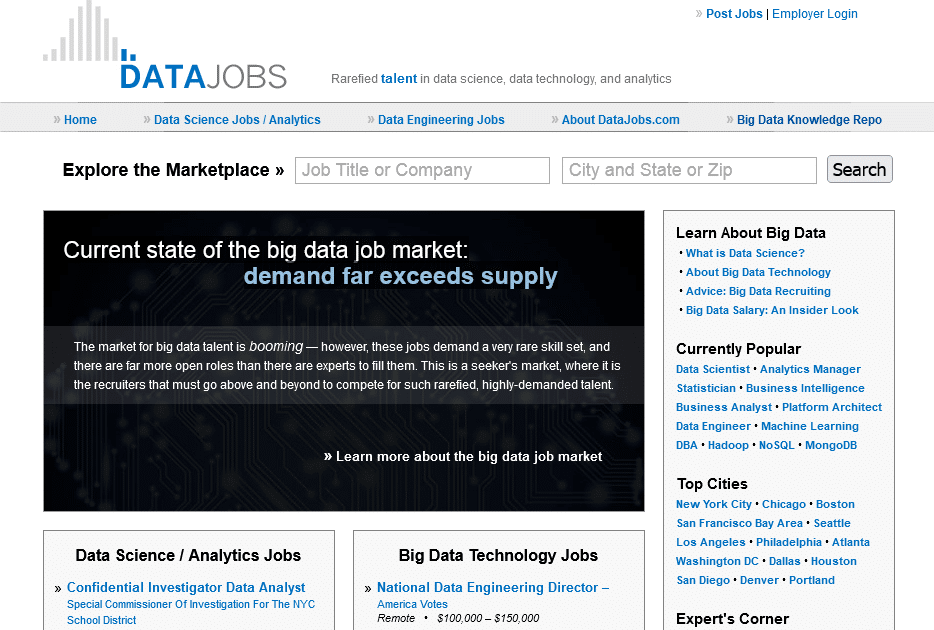
One of the most efficient ways to find data analyst jobs for freshers is through online job boards. These platforms can provide job alerts for entry-level positions with filters that allow you to customize your search based on location, job type, and experience level.
Major job boards like Indeed are a great place to start looking for entry-level opportunities in data analytics. You should also check out industry-specific job boards like DataJobs for a more tailored job search experience when looking for data analyst roles.
Networking

Networking is a good strategy for breaking into the data analytics industry. Attend industry events, both online and offline, and attend conferences, meetups, and workshops to meet professionals and expand your network.
Work on building relationships with professionals in the field, which could lead to valuable referrals and access to exciting initiatives. Try to be genuine in your interactions and show enthusiasm for data analytics.
You should also consider joining online forums, data analytics communities, and LinkedIn groups to connect with like-minded people and stay informed about industry trends.
Engaging in discussions and sharing relevant content on these platforms can also demonstrate your expertise and passion for the field.
And, if you are showcasing your work, you will have the opportunity to get noticed y a potential employer, LinkedIn has a huge data community.
Social Media

Don’t underestimate the power of social media in your job search process! Platforms like LinkedIn and Twitter can be effective tools for finding data analyst job openings and connecting with influencers in the industry.
Optimize your social media accounts by showcasing your skills, experience, and projects related to data analytics. Follow companies and professionals in the field to stay updated on their activities and opportunities to collaborate. Participate in related hashtags or discussion threads to gain visibility.
Engaging professionally on social media platforms can considerably enhance your online presence, and that can lead to full-time job opportunities in the data analytics domain.
Again, back to LinkedIn, this is definitely our preferred hangout for social media data types.
However, before you can start to apply for jobs, you need to perfect your resume, and that’s what we’re going to talk about in the next section.
Preparing an Effective Resume

An impressive and well-structured resume plays a vital role in helping freshers secure a job. In this section, we will discuss how to highlight relevant skills and showcase academic projects to create a compelling resume.
Highlighting Relevant Skills
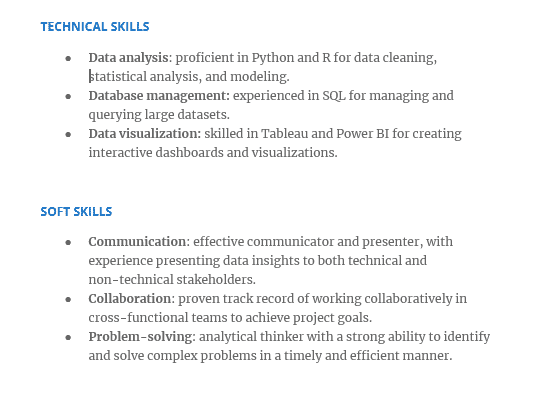
As a fresher, you need to emphasize the skills that demonstrate your potential as a data analyst. These skills may have been acquired through coursework, internships, and extracurricular activities.
Here are some tips for effectively highlighting your relevant skills in your resume:
- Identify relevant skills: First, review the job description and identify the key skills that the employer is looking for. These may include technical skills such as data analysis, database management, and programming languages, as well as soft skills such as communication, teamwork, and problem-solving.
- Customize your resume: Tailor your resume to highlight the skills that are most relevant to the job you are applying for. Use keywords and phrases from the job description to help your resume get past the initial screening process.
- Use quantifiable data: If possible, use quantifiable data to highlight the impact of your skills. If you did something that saved a project or company money or time, then include those metrics with concrete numbers.
Effectively highlighting your relevant skills can increase your chances of impressing potential employers and securing a job.
Showcasing Academic Projects
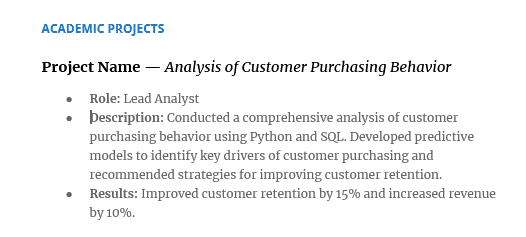
As a fresh graduate, academic projects offer solid evidence of your experience in handling real-world data challenges. Here are a few key strategies that can help you stand out:
- Choose relevant projects: Select academic projects that are most relevant to the job you are applying for. This can help demonstrate your skills and experience in a particular area of data analysis.
- Highlight your role: Clearly outline your role and the specific contributions you made. This helps to demonstrate your technical skills, problem-solving abilities, and teamwork skills.
- Include metrics: Whenever possible, include metrics or results that demonstrate the impact of the project. For example, if you worked on a project that helped improve business processes, then include specific details about those improvements.
- Format effectively: When listing academic projects, use a consistent format that is easy to read and visually appealing. Includes a project title, time period, and a brief job description. You can also include a link to the project on GitHub or any other repository where potential employers can access your work.
Including a portfolio of academic projects can further strengthen your resume and showcase your hands-on experience in data analysis.
Check our video below to nail your data visualization examples prior to the interview.
A great resume will get your foot through the door, but that’s only the first step. The next one is to prepare for the inevitable job interview.
Now, let’s take a look at some strategies for acing job interviews in the next section.
Nailing the Interview

The job interview is a critical stage in the hiring process. This is where you get to showcase your skills, experience, and personality and demonstrate your suitability for the role.
Nailing the interview requires careful preparation, from researching the company and the role to practicing common interview questions and dressing appropriately.
In this section, we will explore some effective strategies for nailing the interview as a data analyst, including tips for answering common interview questions and preparing for the interview.
Common Data Analyst Job Interview Questions
As a fresher applying for data analyst positions, it is essential to prepare for common interview questions. Here are a few examples:
- Can you explain the difference between supervised and unsupervised learning?
- How do you deal with missing or inconsistent data in a dataset?
- What is your experience with SQL and database management?
- How do you ensure the accuracy of your analysis?
- Can you explain a situation where you faced challenges in analyzing data and how you overcame them?
Make sure to review other possible data analyst interview questions and practice your answers.
There are many important interview questions out there, and nobody showcases them better than this book.
Ready for the interview? Let’s discuss some best practices for nailing it!
Best Practices for Interviews
To increase your chances of success as a data analyst fresher, consider the following best practices for interviews:
- Research the company: Understand the company’s industry, products, and data-related challenges before the interview.
- Focus on your strengths: Highlight your skills in data analysis, programming languages (e.g., Python or R), database management, and data visualization tools.
- Showcase your projects: Present projects from your academic or personal experience to demonstrate your abilities. Show a dashboard you’ve made, display a report you’ve created, and stand out from the crowd.
- Explain your thought process: When answering technical questions, clearly explain your reasoning and thought process to showcase your analytical skills.
- Prepare for behavioral questions: Expect questions about your teamwork, communication, and problem-solving skills. Be ready with concrete examples.
- Ask thoughtful questions: Prepare relevant, insightful questions about the company’s business intelligence strategy and the specific responsibilities of the position.
By thoroughly preparing for the interview and following these best practices, you can increase your chances of success.
Final Thoughts

Data analysis is a rapidly growing field with great potential for career growth and job opportunities. But breaking into this field as a fresher or fresh graduate can be challenging without a clear plan and effective job search strategies.
By developing the right technical and soft skills, utilizing industry-specific job boards and networking opportunities, and building a strong resume, fresh graduates can increase their chances of securing a job as a data analyst.
Furthermore, preparing for the job interview and effectively showcasing your relevant skills and academic projects on your resume can help set you apart from other applicants.
By following these strategies we’ve gone through and staying committed to our career goals, you’re guaranteed to successfully kickstart your career in data analysis!
If you’d like to learn about data visualization techniques data analysts use, check out the Free Course on Power BI.





